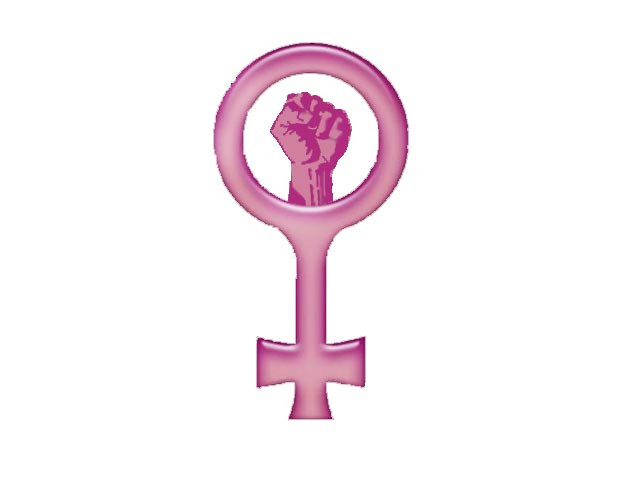Analysis: Will Punjab take lead on women empowerment?
Shahbaz Sharif’s women development package might be the game changer.

Immediately, many of our social elites shrilly proclaimed that our society would experience a serious step backwards on women-related issues. However, others argued that there was hope for greater consistency in public policy since all major law enforcement agencies and social services had also been devolved. In addition, devolution held out the possibility of positive competition among the provinces.
It appears now that the initial optimism may have been justified.
Within weeks, Sindh and Balochistan transformed their existing women development departments into fully-fledged ministries and Khyber-Pakhtunkhwa established a women’s commission. However, there was no immediate action in Punjab. Although the other provinces have not yet delivered any major concrete reforms or legislative initiatives, suddenly the Pakistan Muslim League-Nawaz (PML-N) government in Punjab has taken the lead.
Last week, on International Women’s Day, Punjab Chief Minister Shahbaz Sharif announced a comprehensive package of well thought-out and concrete measures specifically designed for the development and empowerment of women. These measures can be divided into three clusters.
The first cluster involves institutional arrangements that the provincial government will make to strengthen the provincial machinery. The package announced that the existing Women Development Department will be transformed into an independent provincial ministry and a provincial ombudsperson will be established under the anti-sexual harassment legislation passed at the federal level in 2010.
Several special desks will be established at the district level to monitor the investigation of crimes against women. The quota of women in provincial public service will be increased from 5 to 15%, but, more significantly, a 25% quota will be established for women representation on major decision-making bodies, such as the provincial public service commission. These reforms will initiate a change in the ability of the provincial bureaucracy to address women’s rights issues.
The second cluster involves a set of new or amended legislation. This includes a specific amendment in the property inheritance procedures, to ensure individual qualified relatives of the deceased are granted their inheritance directly from the courts rather than collectively. An amendment has been proposed in the Poison Act to regulate acid as a poison — making it potentially less accessible for use in acid crimes.
The government is also considering the passage of an omnibus legislative package that will cover several crimes against women rather than struggling to pass a law for each crime separately. The intention has been announced, but the details of this legislation are not yet known.
The third cluster can be characterised as more of an acknowledgement of the gap between women and men in social and economic development by ensuring the inclusion of women in future initiatives. A whole array of actions has been mentioned ranging from separate toilets for women in workplaces, transportation to education facilities, establishment of degree colleges in every tehsil and hostels for women students attending district-level degree colleges and interest-free loans for women entrepreneurs.
The announcement of this reform package is a potential political game changer.
The PML-N has not previously been known as a leader on women’s rights. Other parties have more clearly articulated women’s rights in their manifestos, but their actions at the provincial level will now be compared with those of the PML-N as elements of their package are approved and implemented. We can only hope that Punjab’s move will put pressure on the lead parties in other provinces to pay more tangible attention to their women constituents.
THE WRITER IS A SOCIAL SCIENTIST, AUTHOR AND WOMEN’S RIGHTS ACTIVIST
Published in The Express Tribune, March 12th, 2012.



















COMMENTS
Comments are moderated and generally will be posted if they are on-topic and not abusive.
For more information, please see our Comments FAQ